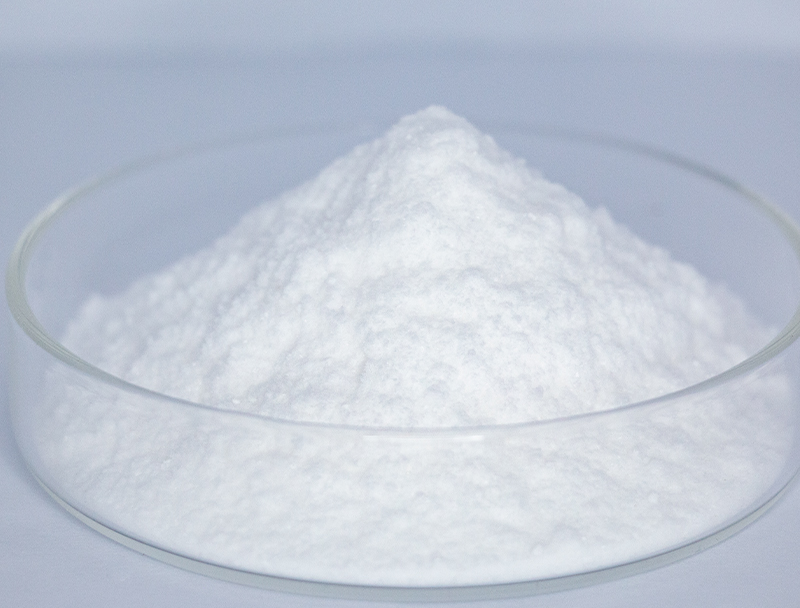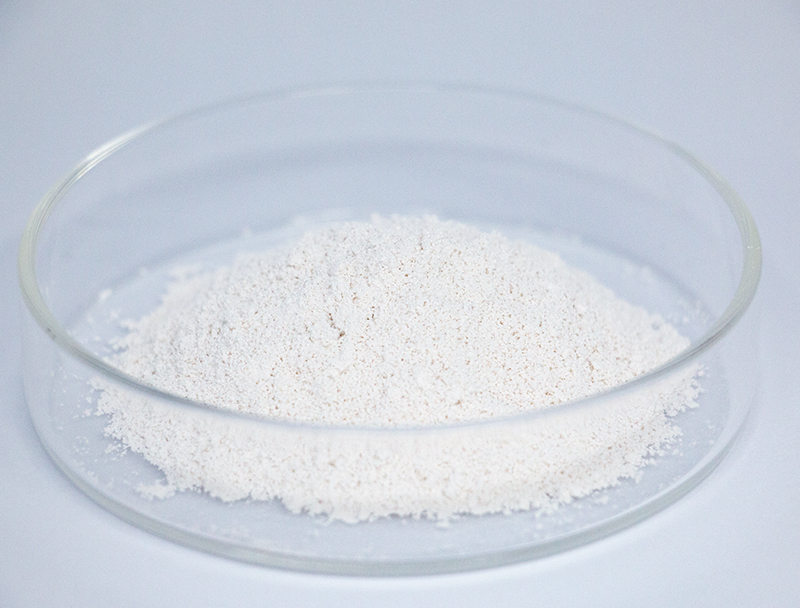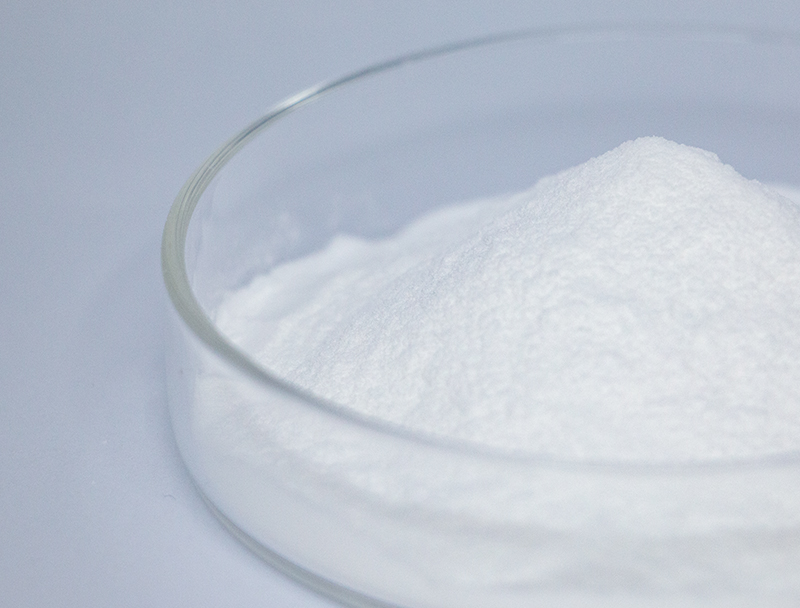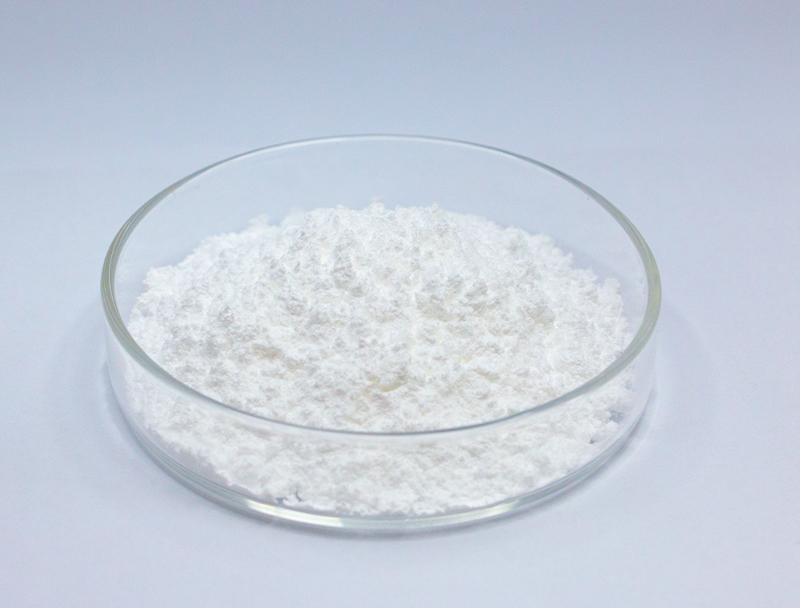
Biotech manufacturing draws predominantly from a comprehensive selection of starting materials to manufacture advanced biological products.
Assuring responsible procurement of such inputs is indispensable to sustainable success and conscientious scaling.
numerous problems stemming from established sourcing methods including environmental degradation and exploitation of natural resources. Accordingly, companies are required to implement regenerative sourcing methods to mitigate footprints.
- Illustrations of eco-conscious sourcing involve:
- Leveraging biomass from food-processing residues
- Installing reclamation workflows to diminish waste and heighten recovery
- Collaborating with regional vendors focused on fair procurement
Shifting to ethical sourcing drives environmental value and long-term commercial viability.
Advancing Biomass Preparation for Elevated Biofuel Production
Maximizing the efficiency of biofuel production relies heavily on the quality and composition of biomass feedstocks. Scientists are constantly exploring novel strategies to optimize these feedstocks, facilitating elevated yields and a renewable energy transition. Strategies feature genetic optimization to raise biomass yield plus pretreatment to depolymerize plant polymers into sugars.
- Concurrently, efforts examine seaweed, industrial byproducts, and crop residues to increase the variety of renewable feedstock alternatives for fuel production.
- Owing to ongoing work the biofuel domain is primed to reach substantial milestones advancing renewable energy adoption.

Transformations in Upstream Biopharma Workflow Design
represents the initial stages of biopharmaceutical manufacturing, encompassing all steps from cell culture and cell harvesting New innovations across this area have produced enhanced manufacturing methods that boost yields.
Meaningful breakthroughs include engineered cell strains, enhanced culture formulations, and modular reactor designs. The improvements increase output while decreasing cost structures and sustainability impacts.
- Additionally, a shift to integrated continuous operations is providing enhanced flexibility and responsiveness in production.
- This move toward intelligent production systems is expected to reshape the industry and hasten drug development.

Genetic Engineering Innovations for Higher Therapeutic Yields
innovations in genome-editing toolsets have enhanced biopharmaceutical manufacturing. With exact genomic alterations, researchers improve host productivity for therapeutic manufacture. The technique provides opportunities to manufacture economical, high-yield therapeutics for varied indications.
Microbial Approaches to Effective Bioremediation
progressive microbe-based cleanup tactics that mitigate industrial pollution. Microbial species can metabolize and convert hazardous compounds into benign byproducts.. Harnessing microbe-based degradation fosters cleanup tactics that minimize environmental disruption and residual waste.. Researchers screen diverse microbial taxa for metabolic pathways suited to remove heavy metals, pesticide residues, and hydrocarbon contamination.. Microbial cultures can function in contained bioreactors or be deployed onsite to facilitate biodegradative remediation..
Employing microbial strategies for remediation provides multiple benefits versus traditional techniques. This route is often more affordable and reduces the formation of toxic residues. Concurrently, these solutions provide focused remediation without widespread environmental harm. Research progresses swiftly to enhance microbial remediation efficiency and practical effectiveness.
Informatics-Driven Strategies for Drug Design
Advanced informatics contributes significantly to today’s drug research environment. By leveraging complex datasets, bioinformatics expedites discovery and optimizes candidate safety and potency.
- By interrogating large-scale omics and clinical information, scientists find new targets and predict candidate efficacy.
- Furthermore, computational modeling of drug–target interactions aids rational design of higher-performing therapeutics.
- Finally, data-driven informatics is changing drug development and hastening patient access to effective therapies.
Engineering Cellular Pathways for Improved Bioproduct Output
utilizes multiple approaches to enhance production of desirable bioproducts in cells. Strategies involve pathway refactoring by genetic modification, expression modulation for balanced flux, and grafting of novel genes to add capacity.. With precise metabolic tuning scientists can greatly enhance yields of desired compounds.
This comprehensive strategy could transform numerous sectors such as pharmaceuticals, farming, and renewable energy.

Scaling Biopharma: Difficulties and Strategic Opportunities
Scaling up biopharmaceutical production presents both significant challenges and exciting opportunities. Ensuring product consistency at larger manufacturing scales represents a major hurdle. Addressing it demands strong process governance, accurate real-time analytics, and advanced measurement systems.

Another concern is that bioprocessing workflows are inherently complex and multi-staged.. Adapting protocols for industrial scale requires considerable development work and engineering advances.. However, the prospective Calcium 2-oxoglutarate rewards are sizable. Efficient scale-up can amplify access to medicines, compress costs, and strengthen returns.
Different initiatives are progressing to solve scale-up constraints. Examples include novel optimization technologies, predictive analytics for real-time control, and inventive production models.
- Development efforts are also playing a crucial role in advancing biopharmaceutical production capabilities.
- Regulators are adapting frameworks to speed authorization of novel manufacturing approaches and spur innovation.
Aligning Biomanufacturing with Regulatory Standards for Patient Safety
Creating biologic medicines requires strict regulatory controls to maintain both patient safety and therapeutic value. Biologically derived medicines entail particular manufacturing and regulatory complexities compared with chemical drugs.
Agencies such as the FDA in the United States and the EMA in Europe play a crucial role in establishing guidelines and standards for the approval of these innovative therapies..
Strict validation and testing steps are required across the product lifecycle from lab studies to post-market oversight.. Those requirements help reveal risks and confirm that biologics satisfy stringent safety criteria..
Furthermore, regulatory bodies are constantly evolving their approaches to keep pace with the rapid advancements in biopharmaceutical research.. Efforts comprise integrating cutting-edge tools and easing development pathways while upholding patient safety.

Plant-Derived Feedstocks as a Route to Sustainable Bioplastics
A stronger push for environmentally responsible materials is driving research into renewable options. Bioplastics produced from plant biomass form a compelling option for lowering environmental footprint. Biomass sources such as cornstarch, cellulose, and sugarcane are usable to produce plastics that biodegrade and reduce ecological impact.
Also, many renewable bioplastics exhibit comparable mechanical and functional traits to conventional plastics across applications.. Continued research and innovation in this field are crucial to unlocking the full potential of plant-based biomass feedstocks in the manufacture of sustainable bioplastics, paving the way for a circular economy.
Biotechnology's Potential to Transform Health and Food Supply
Modern biotech tools present opportunities to improve global health and stabilize food production. Through advancements in genetic engineering, synthetic biology, and cell therapies, biotechnologists are developing innovative solutions to combat infectious diseases, improve crop yields, and enhance nutritional value.. Consider genetically enhanced crops that resist pests and environmental stresses to improve production and reduce pesticide reliance.. Likewise, biotechnology enables new vaccines, novel therapeutics, and improved diagnostics essential to global disease mitigation and better health.. As the field evolves, biotechnology is expected to play a pivotal role in shaping a healthier and environmentally sustainable future for all.
